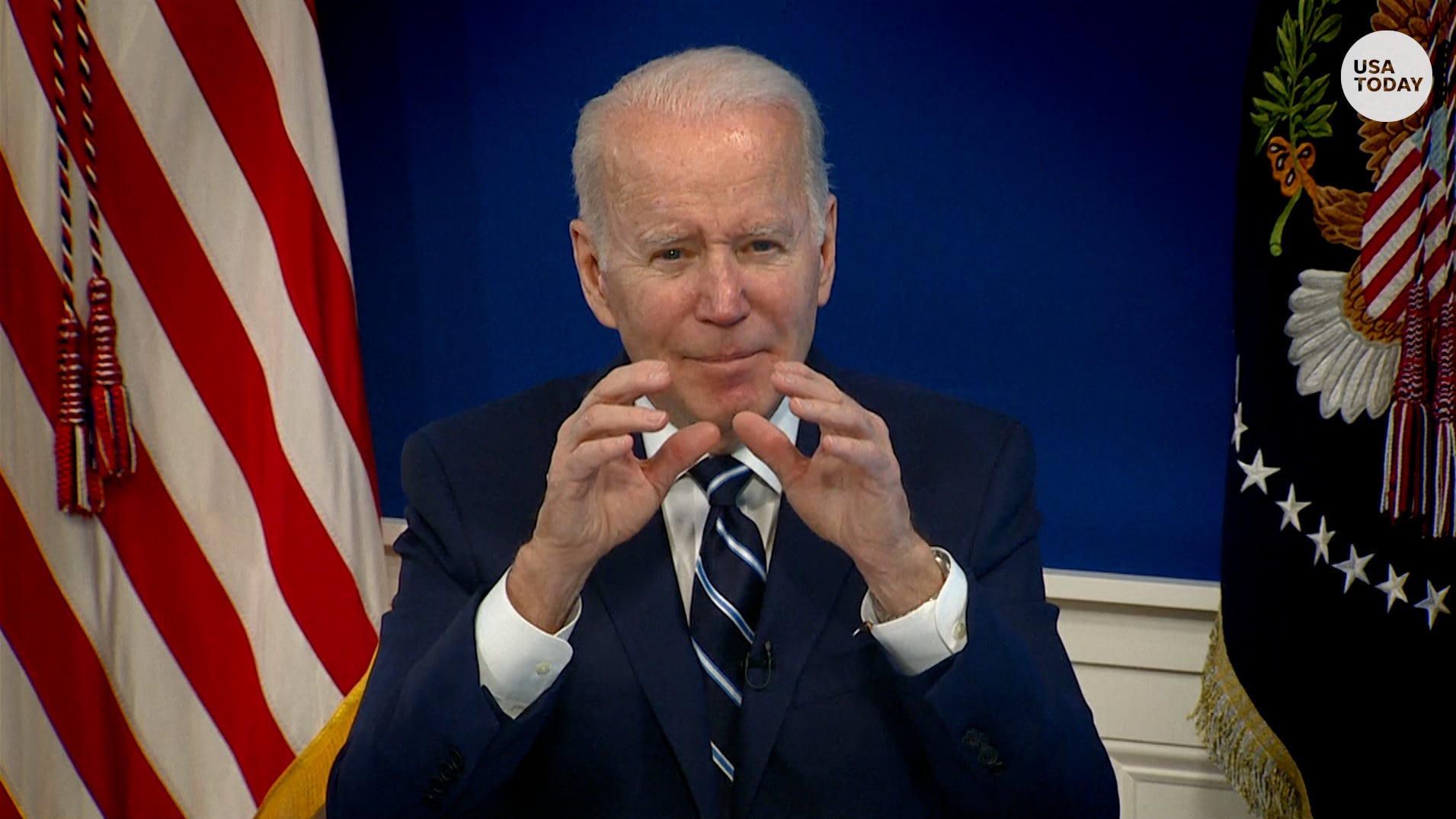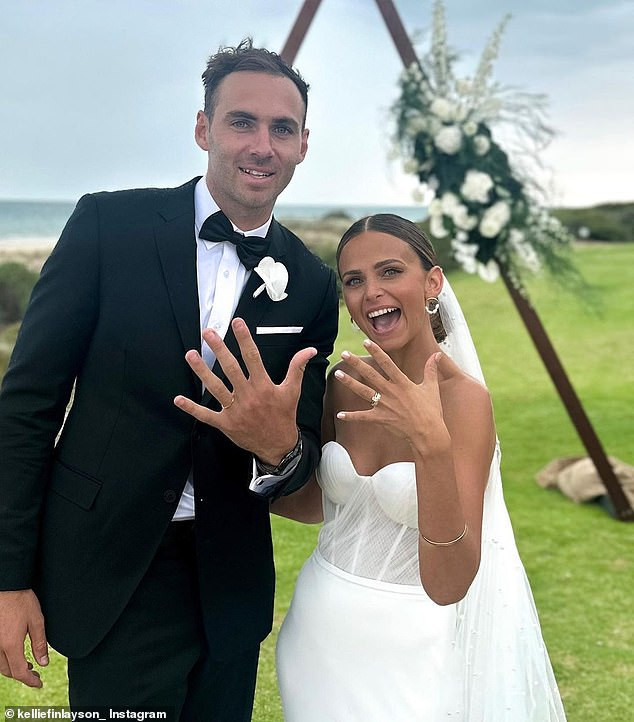After days of testimony that included security and police body camera video, the trial for a Rankin County teenager accused of fatally shooting her mother is winding down. Carly Gregg, 15, is charged as an adult in the March 19 shooting that killed her mother, Ashley Smylie. Gregg is also accused of shooting her stepfather, Heath Smylie, who survived with a graze wound to his shoulder. Gregg could testify in her defense. Earlier this week, she told Rankin County Circuit Court Judge Dewey Arthur that she wanted to hear the defense testimony before deciding whether she would take the stand.
Mental Health Testimony
The prosecution called nurse practitioner Olivia Leber on Thursday as a rebuttal witnesses. Leber said she first met with Gregg in January 2024, at which time, Gregg filled out a form and checked “No,” to a question that asked if she was hearing voices.
Leber said Gregg was diagnosed with major depressive disorder and adjustment disorder. Gregg had complained of being depressed, which Leber noted wasn't chronic. Otherwise, Gregg appeared to have normal responses during their appointment.
“She denied hallucinations or delusions,” Leber said.
In a follow-up appointment on March 12, Leber said Gregg complained of feeling “like a zombie.” Leber told Gregg to taper off the Zoloft she was taking, while starting a new medication, Lexapro. Leber said Gregg never reported hearing voices or lapses in memory.
Leber said she met with Gregg three times between January and March. Gregg’s mother was in the room during each appointment.
Rebecca Kirk, a licensed professional counselor, met with Gregg in January. Gregg and Ashley Smylie reported that Gregg was having intrusive, disruptive thoughts, was easily angered and was having trouble sleeping. Gregg denied hearing voices.
Kirk said she met with Gregg nine times. She said Gregg appeared to be smart and enjoyed school. They talked about “Crime and Punishment,” a novel by Russian author Fyodor Dostoevsky, about a former student who is alienated from society because he feels superior. The character murders a woman and then is wracked with guilt.
Kirk noted in their final session that Gregg wasn't experiencing any suicidal or homicidal tendencies, nor did she report experiencing any side effects from her medication.
The defense rested on Wednesday after calling a handful of witnesses, including a psychiatrist who said Gregg was experiencing a mental health crisis at the time of the shooting. Dr. Andrew Clark testified that Gregg doesn't remember shooting her mother.
“She was having mood issues, eating disorder issues, cutting herself, hearing voices and sleeping difficulty all leading up to January 2024,” Clark said.
Clark believes that a new medication for depression launched Gregg into a spiral in the days before the shooting. Clark said Gregg’s lows were lower and her highs were higher and the voices, which she hadn’t told anyone about, were getting worse in the days before the shooting.
Rebuttal Witnesses
The prosecution presented rebuttal witnesses to counter the defense’s claim of a mental health crisis. Olivia Leber, a psychiatric mental health nurse practitioner, testified that she had treated Gregg three times between January and March at Precise Mind, a mental health clinic in Madison. Leber said that she had treated Gregg twice on telehealth and once in person during the time she was under her care. During that time she had prescribed Zoloft for major depressive disorder, and when Gregg said it made her feel like a zombie, Leber changed the prescription to Lexapro one week before Ashley Smylie was killed.
Under questioning, Leber said Gregg had never claimed to hear voices, nor had she claimed suicidal or homicidal ideations. She also said neither Gregg nor her mother ever reported memory loss, dissociation, or derealization.
Lexapro, Leber said, does not cause homicidal ideations, but it does cause suicidal ideations.
Leber said Gregg’s answers to a questionnaire that she sometimes had anxiety, hyperactivity, and trouble sleeping seemed to be routine for teenagers.
On cross-examination, defense attorney Bridget Todd asked if it were possible that Gregg would have held back information if her mother was in the room, and Leber said Gregg was given the opportunity to have her appointments without her mother present.
Also called to the stand was Rebecca Kirk, a licensed professional counselor and owner of Magnolia Counseling in Madison, who saw Gregg every week for nine sessions. Kirk choked up when she talked about how important confidentiality is to her, and that she felt that she could be betraying a trust by testifying but that by Mississippi state law, when someone claims mental insanity, she can talk about their treatment.
She said her first notes said that Gregg wanted to feel better about herself and deal with her thoughts. The subject of cutting and taking old sleeping pills came up, but Smylie told her that those issues were done. Smylie told Kirk that there was an old iPad that had information in it that Gregg had been cutting, and that was how Smylie had found out about it.
On the form, Smylie had checked that Gregg was “easily angered,” and Kirk said that Gregg would have been asked about that and agreed with it.
Kirk said Gregg never said she was doing illegal drugs, hearing voices, having hallucinations or memory trouble. She said Gregg and Smylie had neither one ever said that Gregg was derealized or dissociated or blacked out.
Kirk said Smylie had seemed upset that Gregg was taking Melatonin.
Kirk said Gregg never reported suicidal or homicidal ideations. She did, however seem angry that her friends didn’t seem as serious about school as she was. She knew she was a little rude to her friends that she felt were not as smart as she was. Gregg knew she was losing her patience with her friends who didn’t appreciate their teachers, as well, Kirk said.
When Smylie found the iPod with the information about the cutting, that’s when Smylie took Gregg to see Leber.
Prosecutor Katherine Newman asked about some of Kirk’s notes in which she had referenced an existential crisis and Carly’s possibly being an atheist. She said Gregg never said she was an atheist, exactly, but that she had used the word “existential,” and that Kirk thought the cutting and depression seemed to coincide with Gregg’s dealing with the meaning of life.
Gregg had told Kirk that she wouldn’t be her own friend because she’s dismissive of others when she thinks they’re wrong. Kirk took that to be coming from a feeling of being different and having such a passion for learning. It seemed like she was being introspective about what kind of a person she was, Kirk said.
“Was she kind of obsessed with being great at school?” Newman said.
“She liked school a lot,” Kirk answered.
Gregg had talked to Kirk about books she was reading, including “Crime and Punishment,” by Fyodor Dostoyevsky, which is about a psychopath who is a very intelligent student and is obsessed with planning to murder a woman with a hatchet. The rest of the novel is about his processing of it. The character was then declared insane and went to prison and was unrepentant, feeling that his victim deserved it.
She read the book over Spring Break, Kirk said, and she saw her on that Monday afterward.
Kirk made notes that Gregg had thought maybe she had Aspberger’s, based on some of her sensory issues. Neither Kirk nor Smylie thought she did, though.
Kirk also discussed some possible therapy options to help Gregg with her anxiety, including attachment therapy, which explores the parent/child bond. Another kind of therapy they discussed involved boundary setting and healthy communication, Kirk said.
At another time, Gregg reported that Leber had changed her medication and she said she didn’t laugh as much, nor was she as upset when her mom was angry at her. Gregg felt some codependent feelings connected to her mother’s emotions, Kirk said. Gregg had recently gotten a haircut and told Kirk that her mother had asked her to please promise that she wasn’t “trying to be a boy.”
Kirk said in her observation, she never knew Gregg to be having an identity crisis.
On the treatment date of March 18, the last time Kirk saw her, Gregg was completely normal, Kirk said. She didn’t report any hallucinations or delusions, nor did she report memory or concentration issues at that time, Kirk said.
Kirk said she was starting to wonder if she was serving Gregg the best she could, wondering if the sessions were actually making a difference since most of their discussions were about school. She said she had planned to delve into some other things that day since she felt like they hadn’t really gone into the deep topics.
That day Gregg told her that when her mom was angry, it was hard for her to handle. Kirk said she couldn’t assume anything as to whether Smylie was any kind of abusive, so she asked questions. Gregg told her Smylie would raise her voice, sometimes slam a door, and use shorter sentences. That’s when they talked about anger and how to deal with it, Kirk said.
An additional note to Gregg’s records from May 16 was a termination of care summary note written by Kirk. She said in her last session the day before Smylie was killed, she appeared stable, that there were no suicidal or homicidal indications during that session, nor that her medications were affecting her. In that note, she also reiterated that they had talked about conflict management that day.
“I wanted to be clear that I didn’t ever observe them together other than in the waiting room and that I never saw anything that would hint at any severe danger or threat,” Kirk said.
There was never any indication of physical abuse, Kirk said, adding that she had asked a few times about those living in her home. Her biological father was abusive, but neither Ashley nor Heath Smylie ever was, according to Gregg.
Cross Examination of Rebecca Kirk
On cross examination, defense attorney Bridget Todd asked about the main character and the themes in “Crime and Punishment,” asking if the book were not about the consequences of murder and how it is a horrible act.
“I don’t think the point of the book is about how murder is such a horrible act at all, I think it was about the psychological dilemma of someone who is insane,” Todd said.
Todd pointed out that the main character in “Crime and Punishment” hated his victim, then she asked if Gregg hated her mother.
“I got the impression that she had complex feelings about her mom because I tried to talk about the custody case a lot,” Kirk said. “She seemed to have a lot of trust in Ashley to take care of her and protect her.”
Kirk said she believed that Gregg loved her mother, but that she seemed as though she was not entirely sure that her mother loved her back.
Todd asked if Gregg walked on eggshells around her mother, and whether she was sensitive about her mother’s feelings, not wanting to hurt or displease or worry her.
“Is it fair to say that Carly probably knew her mom was pretty stressed out and didn’t want to add to that stress?” Todd asked.
Kirk said she would have concluded that but she can’t say that because she only knows what Gregg told her.
Todd told Kirk that Gregg never actually read “Crime and Punishment,” but Kirk said that Gregg had told her that she had read it in that session after Spring Break.
Todd also brought up a report handwritten by Smylie that said Gregg had been having intrusive thoughts, thoughts “that got stuck,” and trouble sleeping. She said Gregg had been waking up at 2 a.m. and couldn’t go back to sleep. Gregg had also had trouble with panic attacks, according to that form. Smylie had also written that Gregg had been sad and withdrawn.
Both Kirk and Leber said if Gregg had told them about the auditory hallucinations, they wouldn’t necessarily have told her mother, as they don’t have to under the law. Leber said that personally, she probably would. Kirk said she would have followed up with questions.
Kirk said she was perplexed by the fact that she couldn’t get Gregg to open up about her biological father. She didn’t like him and was glad she was with her mother, Kirk said. Todd asked if a person who’s afraid of a mental health diagnosis might lie to their therapist, and Kirk said, “Sure.”
Gregg had told Kirk about aggravation with some sounds, but Kirk said it was fairly regular aggravation.
Todd asked about Gregg’s “existential” times, and asked if they went along with bouts of depression.
“That’s the hard thing about treating Carly was that was the only emotional conflict she ever really reported,” Kirk said, following up that in the
ir last session they talked about reality and life. Gregg mentioned that she thought Jehovah’s Witnesses were “a cult,” but otherwise never went into her feelings, Kirk said.
“When you heard about what happened to March 19, were you shocked?” Todd asked.
“It was the most shocking day of my life,” Kirk answered.
Redirect of Rebecca Kirk
On redirect, Kirk told Newman that almost every one of her clients have anxiety and depression, and that only Gregg had gone on to kill their mother. She had also had patients who had heard voices, and none of them had killed their mother, she said.
Dr. Amanda Gugliano
Dr. Gugliano works at the Mississippi State Hospital as the Director of the Forensic Evaluation Service.
Forensic Evaluators are not advocates for the person they’re evaluating, Gugliano said, they’re objective, so there’s no promise it will be helpful to either side. It’s not confidential because you have to share information with both sides, and you may end up testifying.
Because there are legal issues, you can’t just rely on what the person says, Gugliano said, so a forensic evaluator will speak to others in the subject’s life to find out more information so it’s not the simple one-sided information given by the patient.
Gugliano said she had reviewed information regarding Gregg while evaluating if the teen was competent to stand trial, including her therapist and counselor, records from the jail, and discussions with both Newman and Todd. She had interviewed Gregg and tried to interview Smylie and he never returned her call. She said it’s important to talk to family members when you can because they can provide angles that need to be evaluated that may not be readily apparent.
Gugliano said she records her evaluations in order to make sure her records are as accurate as they can be. She said she interviewed Gregg, and that Todd was in the interview as well. She said that isn’t terribly common, but that it happens, and when it does, the attorney usually isn’t terribly involved in the interview.
Newman asked Gugliano if it was unusual for an attorney to be asking their client questions during the evaluation, and Gugliano said yes.
The interview was a little over four hours with a break for lunch, Gugliano said. Mostly Gugliano asked the questions and Todd interjected from time to time, she said. Todd did interject some things that were not provided in discovery, Gugliano said, including on the phone before the interview. “That’s one of the reasons that I call attorneys is to find out if they have any information that might be helpful,” Gugliano said.
Gugliano testified that Gregg told her she was smoking marijuana through a vape pen, but denied using any other illegal substance, but didn’t answer questions about prescription drugs.
“It’s a regular question that I ask during an evaluation,” she said, adding that it’s important because it can affect a person’s behavior.
“Someone’s actions or behaviors could have been due to a drug and you wouldn’t know that,” Gugliano said.
Gugliano said according to the records she had seen, Gregg had never reported marijuana, hearing voices, or lapses in time. She said that Todd had told her that Gregg was spacing out and having lapses in time, but she was never able to corroborate that with him.
“Can the use of drugs alone cause psychosis?” Newman asked, and Gugliano said it can, adding that there have been beliefs that marijuana was pretty benign, but now there can be psychosis just from marijuana use since THC is so much more potent now.
Marijuana can cause delusions, hallucinations, flattened mood, and other symptoms, she added.
Gugliano said she asked Gregg, “If you had to pick the one thing that is bothering you the most, what would it be?”
Gregg told her that she was most bothered that school was starting back and that she missed school, Gugliano said. She also discussed sadness, difficulty sleeping, having mood swings that happened minute by minute or over longer periods of time.
“I’ll be happy one minute then I’ll be desolate the next,” Gregg told Gugliano.
Verdict
The jury found Carly Gregg guilty on all charges. She is currently awaiting sentencing.

















